Introduction to 160V Battery Technology
The 160V battery represents a specific category of energy storage solutions, designed to cater to a variety of power-intensive applications. This voltage specification is often seen in settings that require a robust energy supply, ensuring that devices and machinery operate efficiently and reliably.
Types and Applications
Within the realm of 160V batteries, there are several types, each suited to different applications. Lithium-ion variants are prevalent due to their energy density and longevity, making them ideal for home energy storage systems and portable power stations. These batteries are also integral to industrial equipment, where consistent power output is critical.
Features and Materials
The construction of a 160V battery typically involves advanced materials that provide stability and efficiency. The electrolytes and cathodes used are optimized for high-voltage operations, ensuring that the batteries can handle the demands of heavy-duty applications without compromising on performance.
Advantages of 160V Batteries
The advantages of using a 160V battery are manifold. They offer a balance between size and power, making them suitable for scenarios where space is at a premium but energy requirements are high. Additionally, their design is geared towards longevity and reliability, which is essential for both commercial and industrial users.
Environmental Impact and Sustainability
As the focus on sustainable energy solutions intensifies, the 160V battery category is evolving to meet these demands. Manufacturers are increasingly prioritizing recyclable materials and production processes that minimize environmental impact, reflecting the growing trend towards eco-friendly energy storage.
Choosing the Right 160V Battery
Selecting the appropriate 160V battery requires an understanding of the specific energy needs of a project or device. Buyers should consider factors such as discharge rates, capacity, and the operational environment to ensure that the battery they choose is well-suited to their requirements.










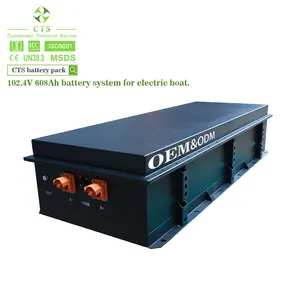
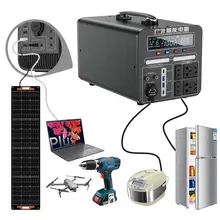


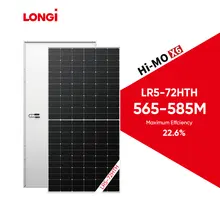
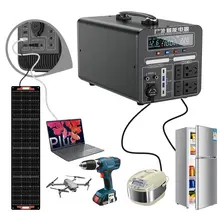



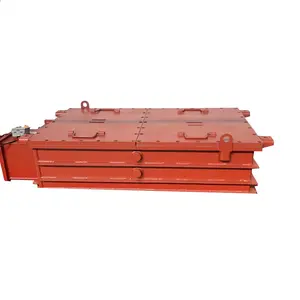
















 浙公网安备 33010002000092号
浙公网安备 33010002000092号 浙B2-20120091-4
浙B2-20120091-4